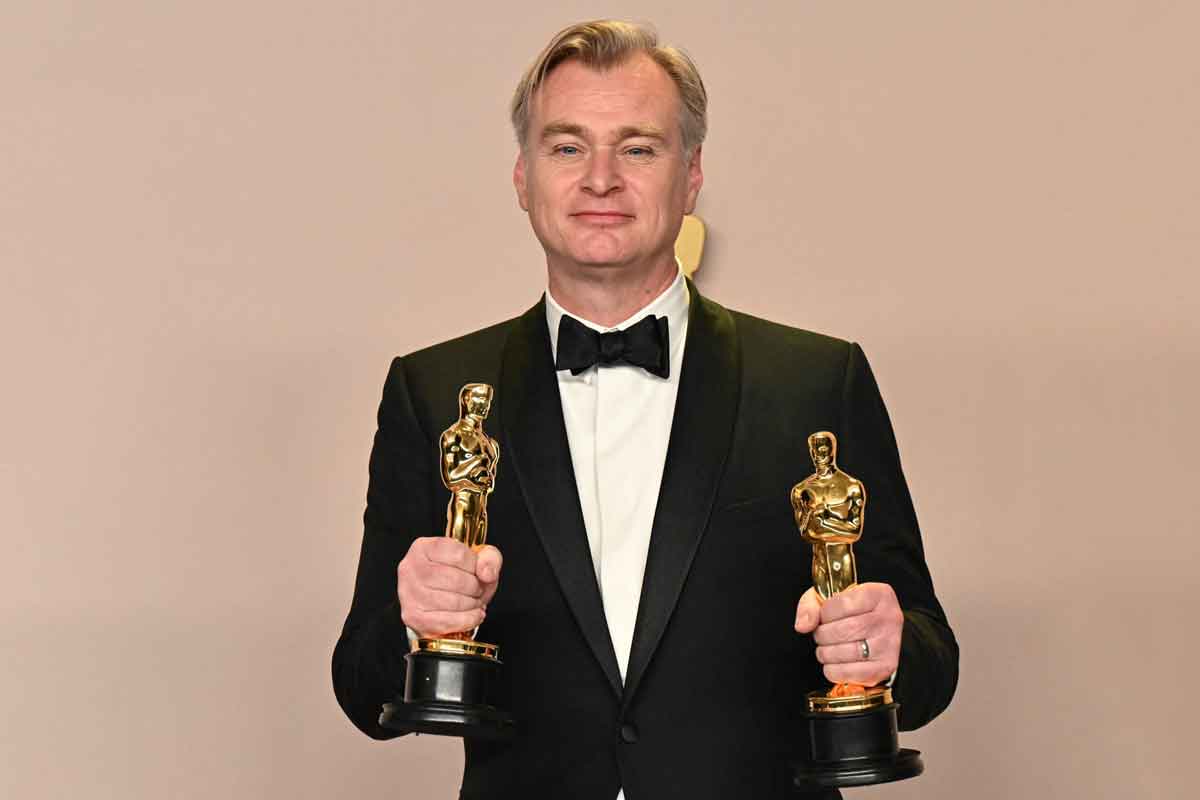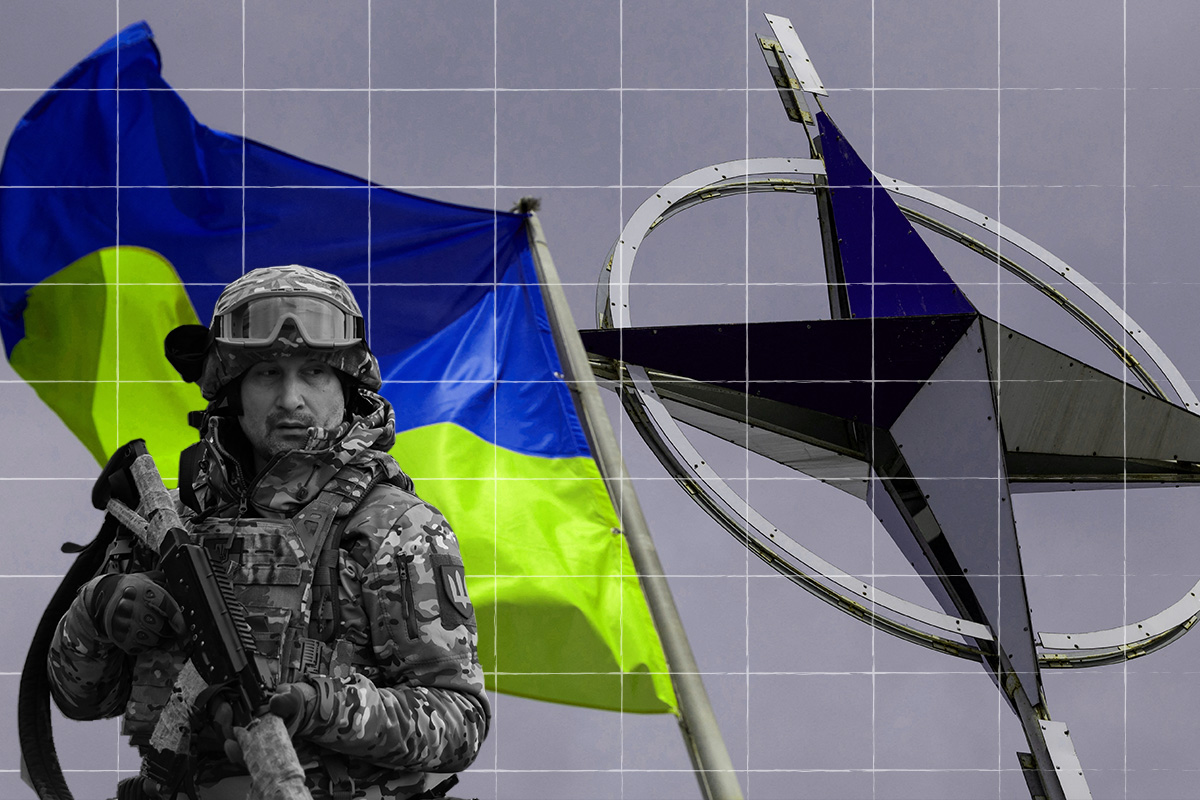German foreign intelligence serviceMerz replaces BND chief
The Federal Intelligence Service ( BND ) is getting a new head. According to SPIEGEL information, Martin Jäger, currently stationed as German ambassador in Kyiv, is set to become the new president of the BND. The change at the top of the German foreign intelligence service is the result of a decision by Chancellor Friedrich Merz (CDU). Since the BND reports directly to the Federal Chancellery, the selection of the president is a matter for the BND’s top management.
The German government has yet to officially confirm the change. However, according to SPIEGEL information, the appointment has been decided for some time. According to the plan, the current BND President, Bruno Kahl, will become the German ambassador to the Vatican.
With Martin Jäger, one of the Foreign Office’s most experienced crisis diplomats, the BND is set to undergo a realignment in the coming years. The intelligence agency can expect significantly increased funding for this. The federal government also intends to grant the agency more flexibility in foreign espionage and technical intelligence.


